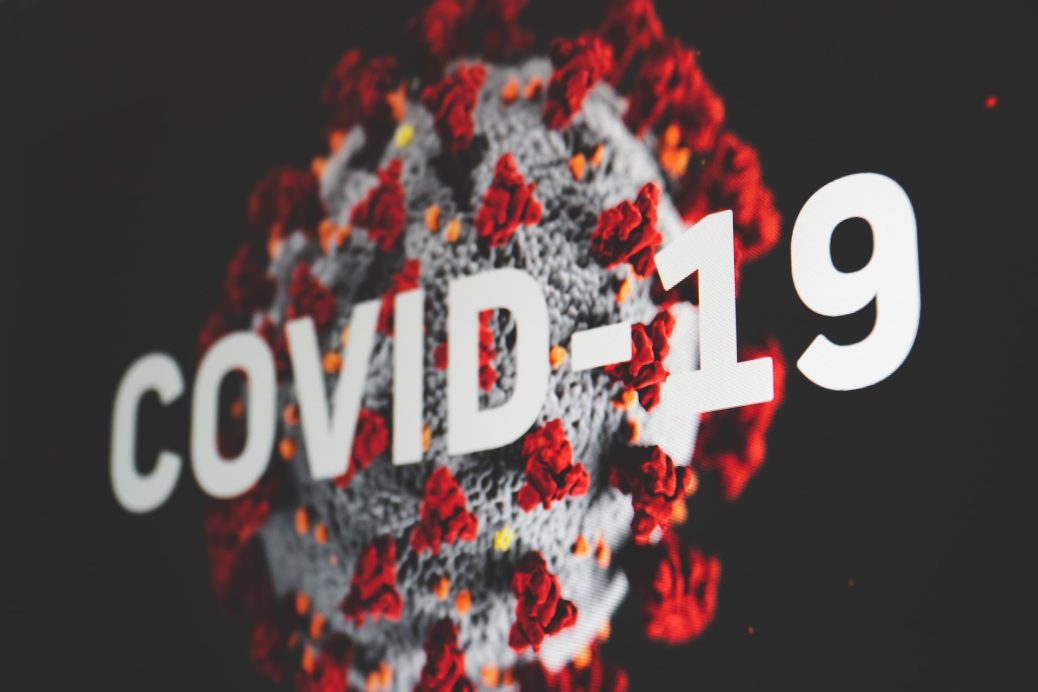We will discover 8 Essential Strategies for Autistic Teenagers Transitioning to Adulthood with this Guide for Parents and Caregivers
The article offers practical and actionable steps for parents and caregivers. It helps autistic teenagers with legal and financial planning. It also focuses on employment, post-secondary education, and independent living skills.
Transitioning from adolescence to adulthood is a challenging time for most teenagers. But it can be very difficult for those on the autism spectrum. As they prepare to leave the familiar routines and structures of school. They may face new and complex social, academic, and vocational challenges. However, with the right strategies and support, autistic teenagers can successfully navigate this transition and build fulfilling and independent lives. In this article, we will explore eight crucial strategies for autistic teenagers transitioning to adulthood. It also includes building self-advocacy skills, developing vocational skills, and finding community support.
8 Essential Strategies for Autistic Teenagers Transitioning to Adulthood
Here are 8 essential and practical strategies and tips for autistic teenagers transitioning to adulthood.
Build Self-Advocacy Skills
One of the most essential skills for autistic teenagers transitioning to adulthood is self-advocacy. This means being able to communicate their needs and preferences effectively, assert their rights, and make informed decisions. Some strategies for building self-advocacy skills include practising assertive communication, learning about disability rights, and participating in self-advocacy groups.
Develop Vocational Skills
Preparing for a career is a key part of transitioning to adulthood for any teenager, but it can be particularly challenging for those on the autism spectrum. Some strategies for developing vocational skills include exploring different career options and seeking vocational training. It also highlights the importance of internships, and building a portfolio of work experience and skills.
Find Community Support
Having a supportive network of friends, family, and professionals can be crucial for autistic teenagers transitioning to adulthood. Some strategies for finding community support include joining social and recreational groups and seeking out mentorship and coaching. They help to connect with local disability organizations and resources.
Build Independent Living Skills
As they prepare to leave home and live independently, autistic teenagers may need to develop new skills related to managing finances, cooking, cleaning, and other aspects of daily life. Some strategies for building independent living skills include practising budgeting and money management, learning to cook and shop for groceries, and practising household chores and maintenance. 5 Best Strategies for Empowering Autism
Plan for Healthcare Needs
As they transition to adulthood, autistic teenagers may face new healthcare needs and challenges. Some strategies for planning for healthcare needs include identifying healthcare providers and services, learning about healthcare rights and options, and developing a healthcare plan with the support of healthcare professionals and family members. Best Recommended Foods for ASD Children: A Guide to a Healthy Diet
Prepare for Legal and Financial Matters
As they become legal adults, autistic teenagers may need to navigate legal and financial matters related to guardianship, estate planning, and other issues. Some strategies for preparing for legal and financial matters include consulting with legal and financial professionals, Helping in learning about guardianship and estate planning options and developing a plan with family members and other support systems.
Build Positive Relationships
Positive relationships with friends, family, and peers can be critical for autistic teenagers transitioning to adulthood. Some strategies for building positive relationships include joining social and recreational groups, practising social skills and communication, and seeking out mentorship and coaching.
Practice Self-Care
Transitioning to adulthood can be stressful and overwhelming, and autistic teenagers need to prioritize self-care and well-being. Some strategies for practising self-care include practising relaxation techniques, getting enough sleep and exercise, and seeking out mental health support and counselling when needed. Calming and Relaxing Tips for Autistic Children
“Preparing for Adulthood” from Autism Speaks (https://www.autismspeaks.org/life-planning/preparing-adulthood) provides information and resources for parents and caregivers of autistic teenagers as they prepare for the transition to adulthood.
Conclusion
Transitioning to adulthood can be a challenging but rewarding time for autistic teenagers. By following these eight crucial strategies and seeking out support from family, friends, and professionals, they can successfully navigate this transition and build fulfilling and independent lives.


